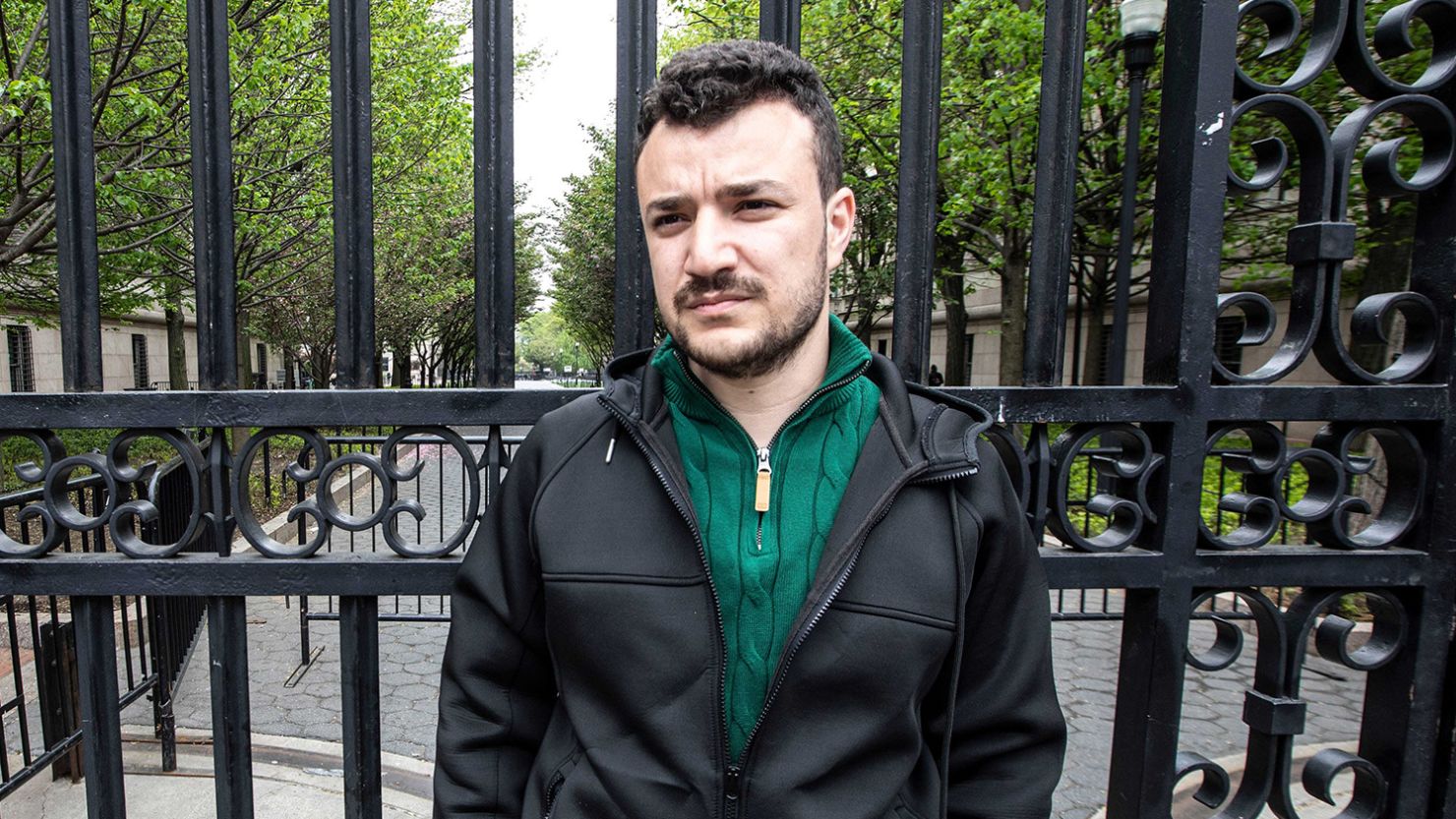Mahmoud Khalil’s bold $20 million claim under the Federal Tort Claims Act marks a pivotal challenge to the Trump administration’s immigration enforcement. The Columbia University graduate – a lawful permanent resident – was detained for over 100 days following his high‑profile role in pro‑Palestinian campus protests. His legal team argues that his arrest represented “false imprisonment, malicious prosecution and intentional infliction of emotional distress”.
Khalil’s detention stemmed from an executive directive targeting foreign students involved in demonstrations deemed anti‑Israel, which the administration treated as “national security threats.” His supporters assert the arrest lacked due process: Khalil was never charged with a crime, and a federal judge ordered his release in June, citing First Amendment violations.
The formal $20 million claim isn’t just about compensation – it seeks an apology and policy safeguards for activists, with Khalil aiming to “deter” similar enforcement in the future. According to Khalil, Trump “only understands the language of money”. The Justice Department and DHS have dismissed the claim as “absurd,” insisting the detention was legally justified.
This case highlights the tension between executive authority and civil liberties. By using the Federal Tort Claims Act, Khalil has raised constitutional questions about political targeting of speech. It also adds legal weight to wider concerns: more than 1,000 visas belonging to pro‑Palestinian students have been revoked and multiple detentions pursued under this policy.
Legal next steps are crucial. After submitting the administrative claim, the federal government has up to six months to respond before Khalil can escalate to court. A formal lawsuit would intensify scrutiny of executive power and free‑speech protections. A victory for Khalil could reshape how future administrations handle politically sensitive activism involving foreign students and residents.
As the claim progresses, its implications will be closely watched in legal and academic circles. It challenges not just a single detention but a wider policy of punitive enforcement tied to political discourse.


